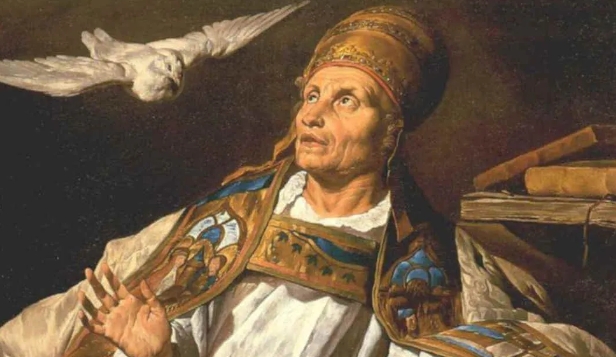St. Gregory the Great, also known as Pope Gregory I, was a prominent figure in the early history of the Catholic Church. His life and influence have left a lasting legacy that continues to be felt today.
Early Life and Education
Born in Rome in the year 540 AD, Gregory came from a wealthy and influential family. He received a classical education and was well-versed in literature, philosophy, and theology. Despite his upbringing, Gregory chose a life of service to the Church.
Spiritual Leadership
Gregory became a monk and eventually rose to the position of Pope in 590 AD. As Pope, he focused on reforming the Church and deepening the spiritual life of its members. He was known for his humility, piety, and devotion to prayer.
Missionary Work
One of Gregory’s most significant contributions was his efforts in spreading Christianity to England. He sent missionaries to the region, including St. Augustine of Canterbury, who played a key role in converting the Anglo-Saxons to Christianity.
Legacy and Influence
Gregory’s influence extended beyond his own time. His writings, particularly his “Pastoral Rule,” have been a guide for spiritual leaders for centuries. He was also a prolific composer of liturgical music, including the Gregorian chant which is still used in Catholic worship today.
Honors and Recognition
Gregory was later canonized as a saint by the Catholic Church, and he is recognized as a Doctor of the Church. He is also celebrated in the Eastern Orthodox Church and the Anglican Communion.
In conclusion, St. Gregory the Great’s life and work continue to inspire believers around the world. His dedication to the Church, his commitment to spiritual growth, and his missionary efforts have left an indelible mark on the history of Christianity. His legacy serves as a reminder of the power of faith and the importance of service to others.

